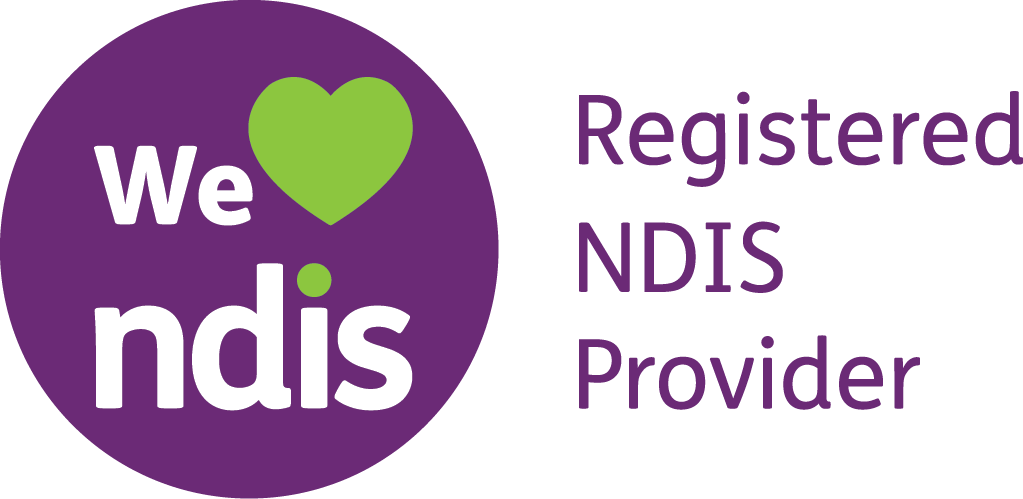Introduction:
In the complex tapestry of modern life, health and security have become paramount concerns for individuals and communities alike. The pursuit of well-being extends beyond mere physical health, encompassing mental, emotional, and social dimensions. In this quest, the concept of PeakCare emerges as a comprehensive approach to achieving the highest levels of health and security. This article explores the multifaceted aspects of PeakCare, delving into its foundations, principles, and practical applications.

I. Understanding PeakCare:
- Defining PeakCare:
- PeakCare transcends traditional notions of healthcare and security, emphasizing a holistic and proactive approach to well-being.
- It encompasses not only the absence of illness or threats but also the promotion of optimal physical, mental, and social health.
- Foundations of PeakCare:
- The socio-ecological model as a foundation, recognizing the interplay between individual, community, and environmental factors.
- The importance of preventive measures, early intervention, and community engagement in sustaining health and security.
II. Components of PeakCare:
- Health Promotion:
- Strategies for promoting healthy lifestyles, including nutrition, exercise, and mental wellness.
- The role of education and awareness campaigns in fostering a culture of health and well-being.
- Preventive Healthcare:
- The significance of regular check-ups, vaccinations, and screenings in preventing diseases.
- Technology’s role in facilitating preventive healthcare through telemedicine and health monitoring devices.
- Mental Health Support:
- Recognizing and destigmatizing mental health issues within the PeakCare framework.
- Accessible mental health services, counseling, and community-based support networks.
- Security Measures:
- Incorporating physical and cyber-security measures to protect individuals and communities.
- Collaborative efforts between law enforcement, technology experts, and communities to ensure safety.
III. Implementation of PeakCare:
- Community Engagement:
- Empowering communities through participatory decision-making in healthcare and security initiatives.
- Building trust and collaboration among diverse stakeholders for sustained impact.
- Technology Integration:
- Leveraging advancements in technology for health and security solutions.
- The role of artificial intelligence, data analytics, and IoT devices in enhancing preventive measures.
- Policy and Advocacy:
- The need for supportive policies at local, regional, and national levels to promote PeakCare.
- Advocacy for increased funding, resources, and research in the fields of health and security.
IV. Challenges and Solutions:
- Resource Allocation:
- Addressing disparities in resource distribution for health and security initiatives.
- Strategies for optimizing existing resources and advocating for increased funding.
- Cultural Sensitivity:
- Recognizing and respecting cultural differences in approaches to health and security.
- Tailoring PeakCare strategies to be inclusive and culturally competent.
- Technological Ethical Concerns:
- Navigating ethical considerations in the use of technology for health and security.
- Establishing guidelines and regulations to ensure responsible and equitable technological integration.
Conclusion:
As we navigate an ever-evolving landscape, the concept of PeakCare emerges as a guiding principle for achieving the pinnacle of health and security. By embracing a holistic approach that addresses the diverse needs of individuals and communities, PeakCare provides a roadmap for a resilient and thriving society. The implementation of PeakCare requires collaborative efforts, innovative solutions, and a commitment to fostering well-being at all levels. In reaching the pinnacle of health and security, we forge a path towards a brighter and more sustainable future for generations to come.
